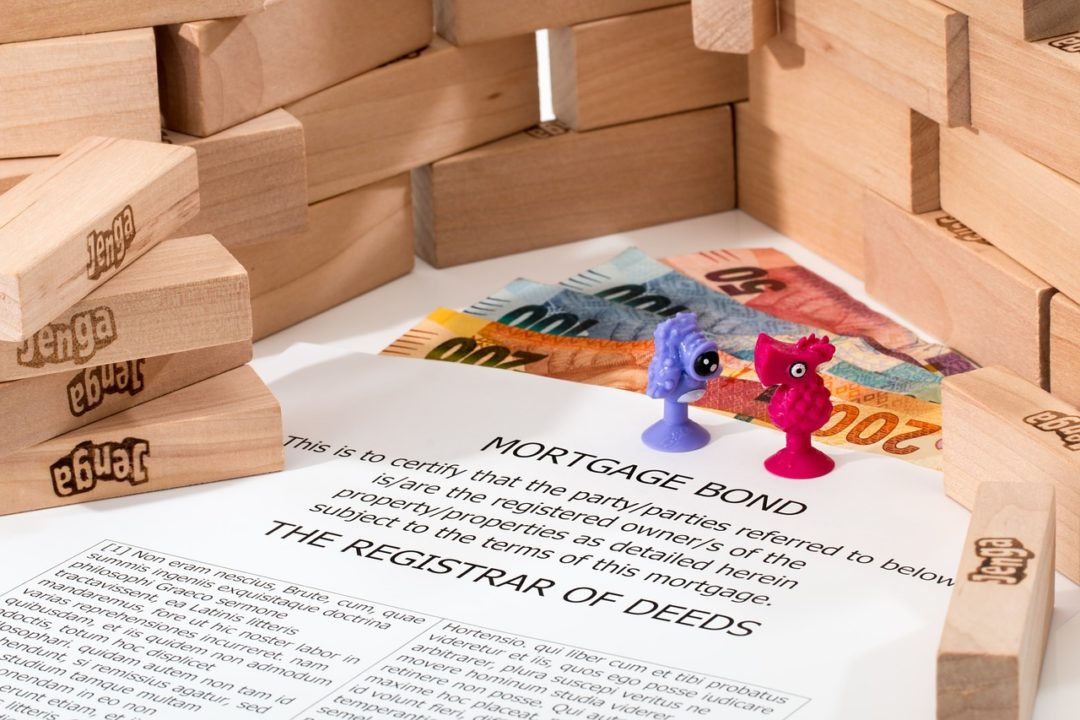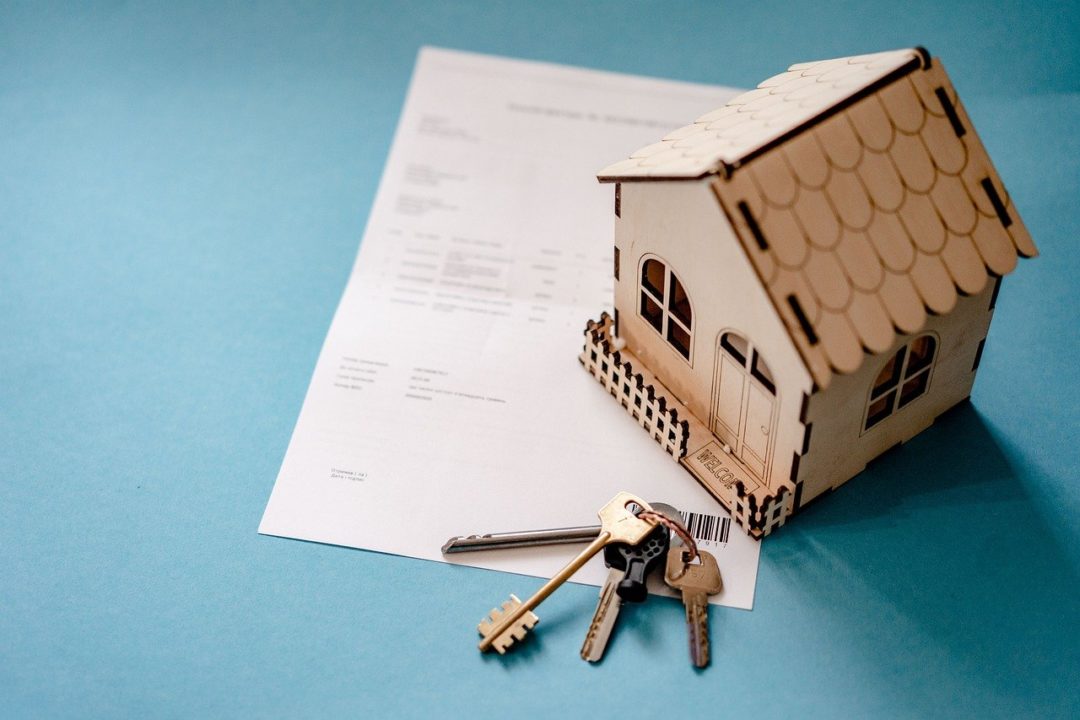What is Note Investing?
Broadly speaking, mortgage note investing is the practice of purchasing real estate notes for the purposes of generating profits. that could mean profit from interest payments, or profits gained from the sale of the real estate or of the note itself.
A real estate mortgage note is a promissory note secured by a mortgage loan. It’s a way of saying promissory notes secured by a piece of property. That security instrument can be either a mortgage or a Deed of Trust. It depends on what state you’re doing business in or which security instrument you’re using.
When a home buyer or investor wants to buy a house but isn’t able to pay cash at closing, they get a loan. They pay part of the purchase price as a down payment and borrow the remaining amount from a bank or lending institution. In exchange for the money, the lender has them sign a promissory note and a mortgage.
A promissory note, often just called a note, is signed by the borrower and is a promise to repay a debt. This document outlines:
- who borrowed money from whom,
- how much was borrowed,
- the interest rate of the loan,
- the timeline for loan repayment, and
- what happens in the event of default.
A mortgage is a separate document that collateralized the lender. In short, it says that the lender can take possession of the home if the borrower stops paying. It outlines:
- the roles and responsibilities of the lender and the borrower,
- what would qualify as a breach in the agreement, and
- what property the mortgage is tied to.
- These two documents do different jobs, but they go hand-in-hand. You would never create or buy a note without a mortgage and vice-versa.
Different Types of Real Estate Mortgage Notes
There are both commercial and residential mortgage notes, and both are open to investors. They’re both promissory notes secured by a certain property. All mortgage notes should specify the roles and responsibilities of all parties and what qualifies as a breach of the agreement. One of the major differences between real estate mortgage notes is the loan terms.
Fixed-Rate Mortgage Loans
A fixed-rate mortgage or FRM is a loan that has a fixed interest rate and set payments. This is the most common type of mortgage offered by banks, but it can be offered by private individuals. The greatest benefit of this loan is that the borrower has the same payment every month.
The Graduated Payment Mortgage
The graduated payment mortgage or GPM has a fixed interested rate with adjusting payments. It typically has a low initial monthly payment that increases over time. These loans are sometimes used for student loans, but they can be found in real estate, too. This is a type of negative amortization loan. There is a risk that the person who purchased the home will be unable to make the later, higher payments.
An Adjustable Rate Mortgage
An adjustable-rate mortgage or ARM has an interest rate tied to some third-party indices. Banks will tie the interest rate on the adjustable-rate to the interest rate offered by the Federal Reserve, and the interest rate on the mortgage will rise and fall with it. This is why they’re sometimes called variable-rate mortgages. For consumers, the ARM may result in lower payments when interest rates are low.
A Balloon Payment Mortgage
A balloon payment mortgage is generally a fixed-rate mortgage with a large payment due at the end. This is in contrast with traditional mortgages where the final payment pays off the debt entirely. Balloon payments may be accepted by a borrower who can’t manage the monthly payments without them.
The Interest-Only Loan
An interest-only loan is a mortgage where the person only pays interest on the loan. Some people take out an interest-only loan because they can’t afford to pay on principle. This borrower demographic is very high risk. Yet interest-only loans are attractive because of the low monthly payments. This is a popular loan for property developers. You get the money to buy the property. You expect to sell it for a profit and pay off the mortgage note.
Advantages of Buying a Real Estate Mortgage Note
- High Yield Returns – Rates of return that are higher than the bank’s traditional low yield bonds; and higher than most stock dividends.
- Monthly Income – If you are looking for additional monthly income for retirement, for living expenses, or to build your savings account, we can help.
- IRA Friendly – This investment provides investors with a way to put to use their self-directed traditional IRA or Roth IRA. We can recommend several custodian companies that handle the paperwork and hold your IRA while the funds are invested with us.
- Rollover Option – Option to automatically roll over your investment so you don’t miss out on earning interest or future investment opportunities.
How to Get Started in Note Investing
So, how do you get started in mortgage note investing? Well, first you need to figure out what you want to achieve and what risk you are prepared to take. Are you looking for passive income with minimal risk? or do you want to risk more and go for the big wins?
You also need to continue with your education. That is a constant. The note investing game is very complex and full of nuances. Find yourself a mentor if you can, and when it comes to making your first note investment, start small.
Remember, note investing is not a magic bullet and it won’t make you rich overnight. Be wary of ‘educators’ that charge thousands of dollars for note investing courses. They are generally making their money from the fees you pay, not from actually investing in notes. All of the information you need is out there in the public domain.
You might find mortgage notes for sale by going through for-sale-by-owner groups and making offers to former property owners who are desperate for cash. Furthermore, mortgage notes may be sold by real estate investor groups or real estate investment trusts.
In the latter case, you could even buy a mortgage for a multi-family apartment building. If you are buying a nonperforming mortgage, investing in real estate notes is one of the cheapest ways to acquire such properties.






